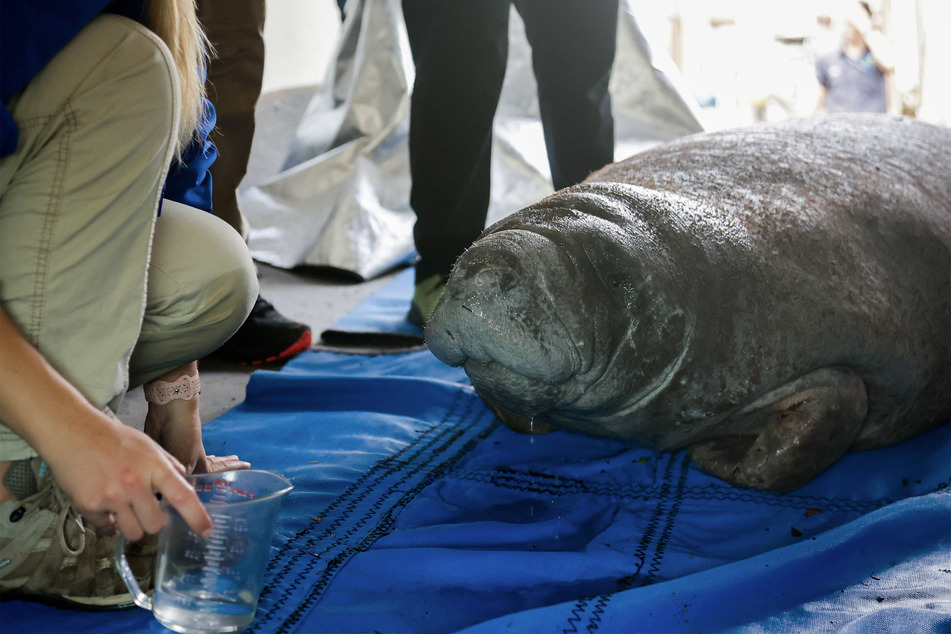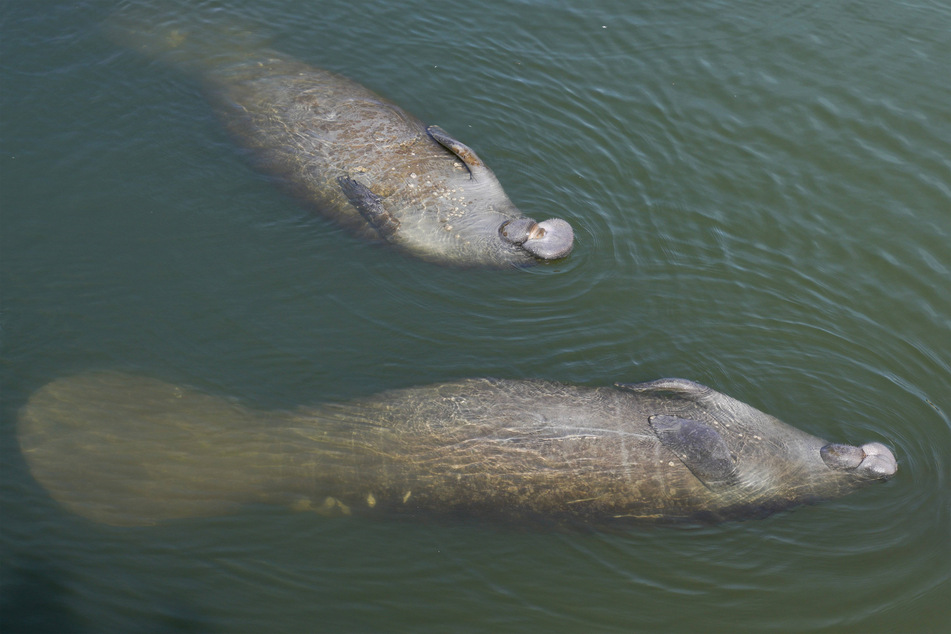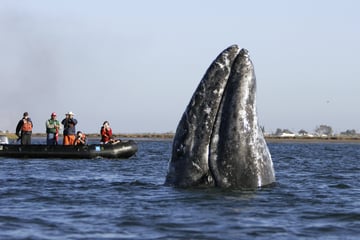Legal action threatened if dying manatees kept off endangered list
Tallahassee, Florida - After petitioning the US Fish and Wildlife Service (USFWS) to reclassify the West Indian manatee as endangered, activist organizations have issued a threat of legal action against the federal government.

The Florida Fish and Wildlife Conservation Commission (FWC) reclassified the Florida manatee from "endangered" to "threatened" after the population grew past a minimum of 8350 animals. It was a decision based on classifications laid out in the Endangered Species Act (ESA).
Now, with record manatee deaths in 2021, 2022, and 2023, advocates are determined to have them reclassified, as different classifications afford a variety of rights and protections under the ESA.
In a filing on Thursday, a number of activists jointly stated that "The West Indian manatee is in danger of extinction, and the (Fish and Wildlife) Service's continued delay in issuing its 12-month finding harms the manatee's prospects for survival and recovery."
Advocates move to sue government over manatee deaths

The filing was a joint effort of advocate groups and individuals, including the Center for Biological Diversity, the Harvard Animal Law & Policy Clinic, Miami Waterkeeper, Save the Manatee Club, and Frank S. González García.
In a press release issued last year by the Center for Biological Diversity, García, identified as "a local engineer concerned with the loss of natural resources," said that there have been "months of agony and unjustified time lost for manatees."
It is widely accepted that manatee populations have struggled due to algae blooms that have led to the loss of seagrass. In addition, boat strikes and, surprisingly, the shutting down of power plants are cited as concerns in the filing.
"Manatee deaths have spiked due to the destruction of the coastal, seagrass, and warm-water habitats upon which manatees rely; the loss of warm-water refugia; harassment at some of their most important refugia... climate change, boat strikes, poaching, marine debris, chemical contaminants, invasive species, and toxic algae blooms."
Legal action proposed by activist groups is based on ESA violations that have been listed within the March 21st filing. The biggest alleged violation is that the secretary has failed to issue a finding within twelve months of the petition, which was submitted on November 21, 2022.
"Petitioners hereby provide notice of their intent to sue the Service for its failure to make a 12-month finding, should the Service not take timely action to remedy this legal violation."
Now that the petition is more than four months overdue, the USFWS will need to respond promptly if they want to avoid legal action. The petitioners would, however, prefer to find a "resolution ahead of litigation."
Cover photo: IMAGO/ZUMA Wire



